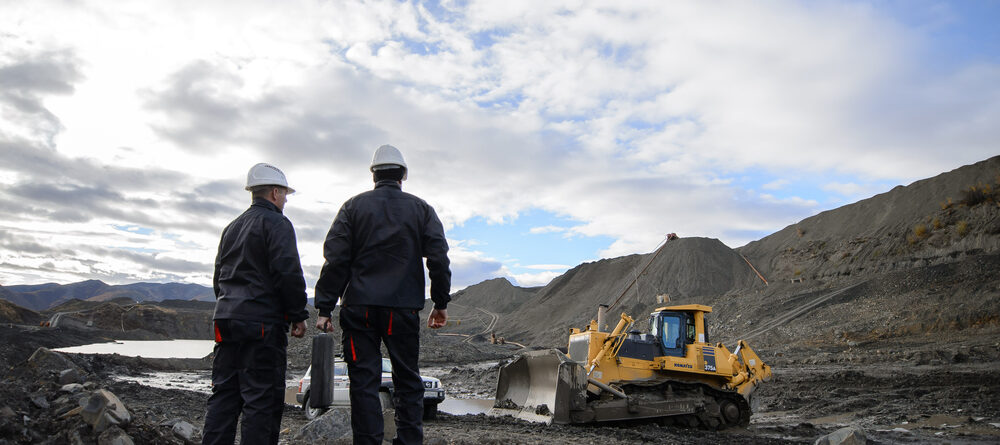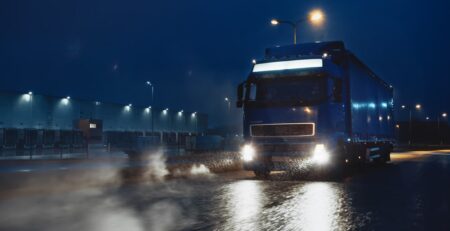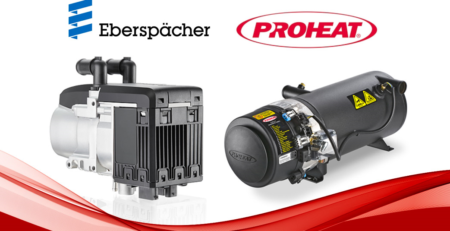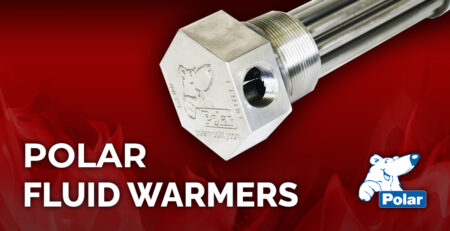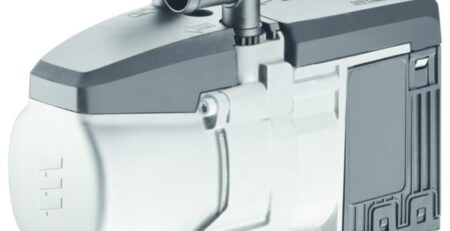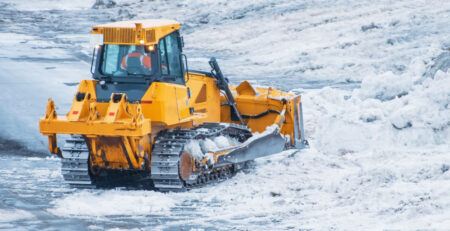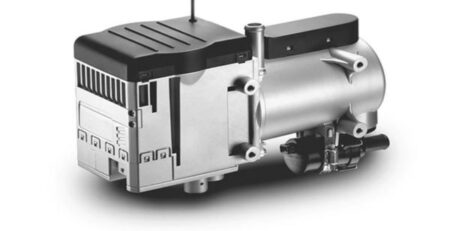Optimizing Cab Air Quality in Mining Equipment: Protecting Operators from Harmful Contaminants
Mining environments are known for their harsh conditions—dust, diesel, particulate matter (DPM), and harmful gases are constant threats. These contaminants compromise cabin air quality and pose significant health risks to equipment operators. Prolonged exposure to dust and fumes can lead to respiratory issues, reduced concentration, and long-term health problems. Ensuring clean air in operator cabs is essential for maintaining safety, productivity, and overall well-being.
Mining companies face unique challenges in safeguarding their workforce, particularly when maintaining optimal cabin air quality. Implementing mobile equipment air conditioning HVAC units and filtration systems is critical to minimizing health risks and complying with evolving safety regulations.
In this article, we explore how Polar Mobility’s air quality solutions are designed to protect operators in mining environments, enhancing both safety and efficiency.
The Challenges of Poor Cabin Air Quality in Mining
In mining operations, the air inside operator cabs can become contaminated with harmful particulates and gases. Dust generated from cutting, drilling, and earthmoving activities can easily infiltrate cabs, putting operators at risk of inhaling silica dust and other fine particles. Over time, exposure can lead to diseases like silicosis and chronic obstructive pulmonary disease (COPD).
Another significant concern is diesel exhaust fumes, especially DPM, which contain tiny particles capable of penetrating deep into the lungs. Prolonged exposure to DPM is linked to severe health conditions, including lung cancer and cardiovascular issues. In poorly ventilated cabs, these contaminants accumulate, increasing the risk to operators who spend long hours in enclosed spaces.
Mining companies are increasingly held accountable for the air quality within operator cabs, with regulations like ISO 23875 mandating specific standards for maintaining safe breathing environments. Adhering to these standards is crucial for employee safety, avoiding fines, and ensuring regulatory compliance.
How Advanced Cab Filtration Systems Improve Operator Safety
Advanced filtration systems play a vital role in combating the challenges of contaminated cab air. Utilizing HEPA and MERV filters, these systems are designed to capture fine particles, including silica dust and diesel particulates, from the air before they enter the operator’s cabin. This level of filtration is crucial for maintaining air quality that meets stringent safety standards.
Maintaining positive pressure within the cab is another key strategy. Advanced pressurization systems ensure that filtered, clean air is consistently delivered while preventing unfiltered, contaminated air from seeping through unsealed gaps. This method improves air quality, enhances operator comfort, and reduces fatigue, contributing to safer and more efficient work environments.
Real-time air quality monitoring is an essential component of modern filtration systems. Automated sensors continuously measure particulate levels and cabin pressure, alerting operators if the air quality falls below safe levels. This proactive approach helps maintain compliance with ISO 23875 and supports better decision-making during mining operations.
Sy-Klone’s Cab Air Quality Solutions
Polar Mobility partners with Sy-Klone to provide mining companies with reliable and effective cabin air quality solutions. The RESPA® Cab Filtration Systems are specifically designed to remove dust, allergens, and other airborne particles, ensuring operators breathe cleaner air. By improving filter life and reducing maintenance needs, these systems help cut operational costs and keep machinery running efficiently.
One standout feature of the RESPA® systems is smart pressurization. Maintaining a sealed and pressurized cabin is crucial for preventing airborne contaminants from entering. The system’s ability to maintain consistent pressure levels aligns with ISO 23875 standards, reinforcing the commitment to safety and compliance.
Sy-Klone’s cab air quality solutions are proven to deliver results in real-world mining applications. For example, a mining operation in Northern Canada saw a marked reduction in operator respiratory complaints after installing RESPA® filtration units. By keeping particulate levels well below the regulated limits, the system enhanced operator health and increased productivity.
The Long-Term Benefits of Investing in Cab Air Filtration
Investing in advanced cab filtration systems is not just about meeting safety standards but protecting workers and optimizing operations. Cleaner air in cabs significantly reduces the incidence of respiratory illnesses, leading to fewer sick days and healthier employees. In addition, operators working in a comfortable, contaminant-free environment are more alert and efficient, resulting in higher productivity.
From a maintenance perspective, effective filtration systems help extend the lifespan of HVAC components, reducing the frequency of costly replacements. Moreover, staying compliant with air quality regulations helps mining companies avoid fines and minimize legal risks. Ultimately, the cost savings from reduced maintenance, fewer health issues, and improved productivity make these systems an invaluable investment.
Premium Air Quality Solutions from Polar Mobility
Maintaining clean cab air is essential for mining operations to ensure operator safety, regulatory compliance, and operational efficiency. Advanced cab filtration and pressurization systems, like those offered by Polar Mobility, provide a robust solution to the challenges posed by harsh mining environments. Investing in mobile equipment air conditioning HVAC units not only protects workers from harmful contaminants but also enhances productivity and reduces long-term maintenance costs.
Don’t compromise on safety. Choose Polar Mobility for reliable, high-quality cab air filtration solutions. Contact us today to learn how our RESPA® Cab Air Quality Systems can support your mining operations and keep your workforce protected.


